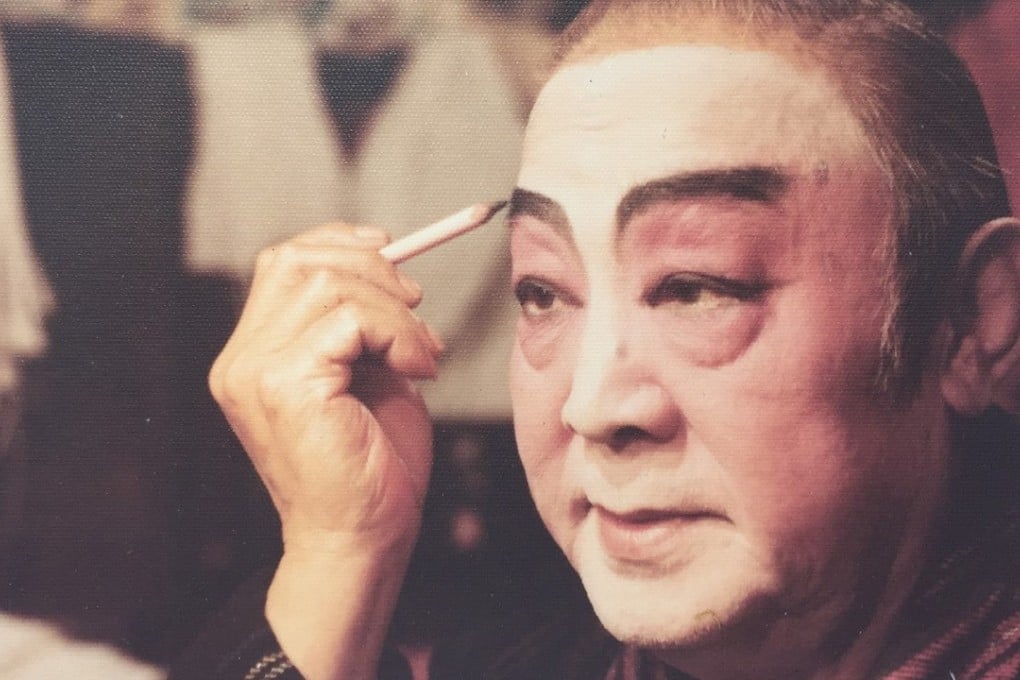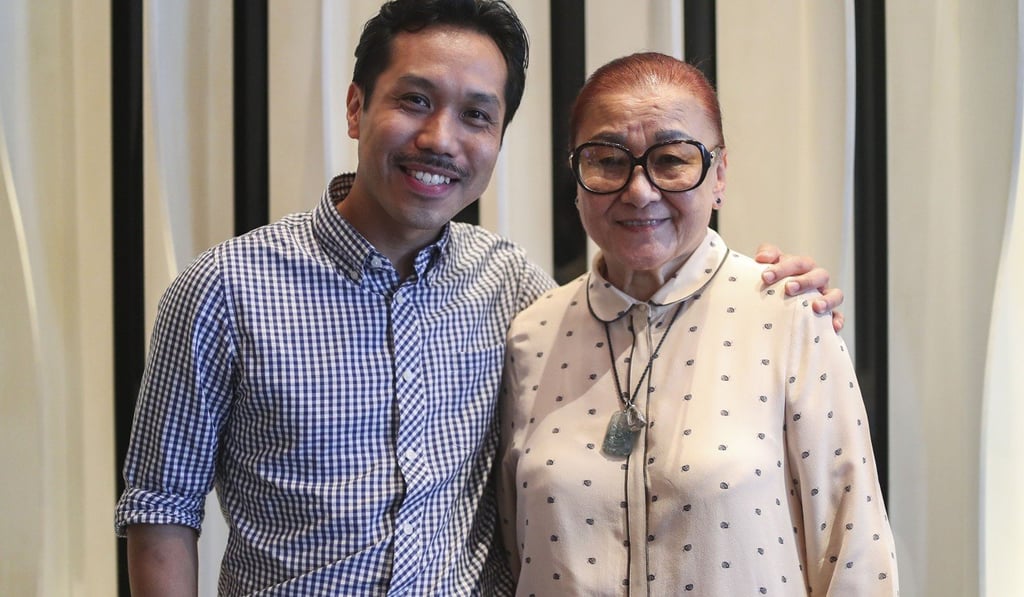Hong Kong’s late ‘King of Comedians’ Leung Sing-por’s optimism and values still inspire
Daughter and ex-actress Margaret Leung, 80, recalls dreamy suppers with her father, an industry titan who took change in his stride but always stayed true to his beliefs

Hong Kong’s “King of Comedians”, the late Leung Sing-por, did not start out as a funnyman. He literally grew into that role, playing the clown or chou sheng in Cantonese operas from the late 1940s when he became too chubby to be cast as a scholar or action hero.
His versatility across multiple genres firmly installed him among the city’s artistic greats, and in 1976, Queen Elizabeth named him a Member of the Order of the British Empire (MBE) for bringing “enjoyment to millions”.
Also known as “Por Suk” or “Uncle Por”, Leung starred in 400 films and countless stage performances in a career that spanned half a century, before succumbing to cancer in 1981. He was 73.

Next month, to pay tribute to Leung on the 110th anniversary of his birth, the Hong Kong government is co-organising screenings of eight of his films and an exhibition on his life.
His daughter, 80-year-old ex-actress Margaret Leung Po-man said: “I hope that his merriment can be brought out again, and people can watch an actor, who performed with natural skills, in films made without anything added by technology.